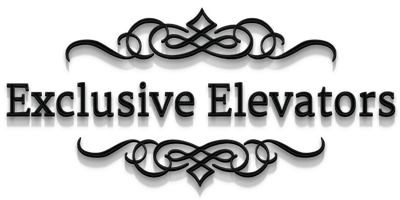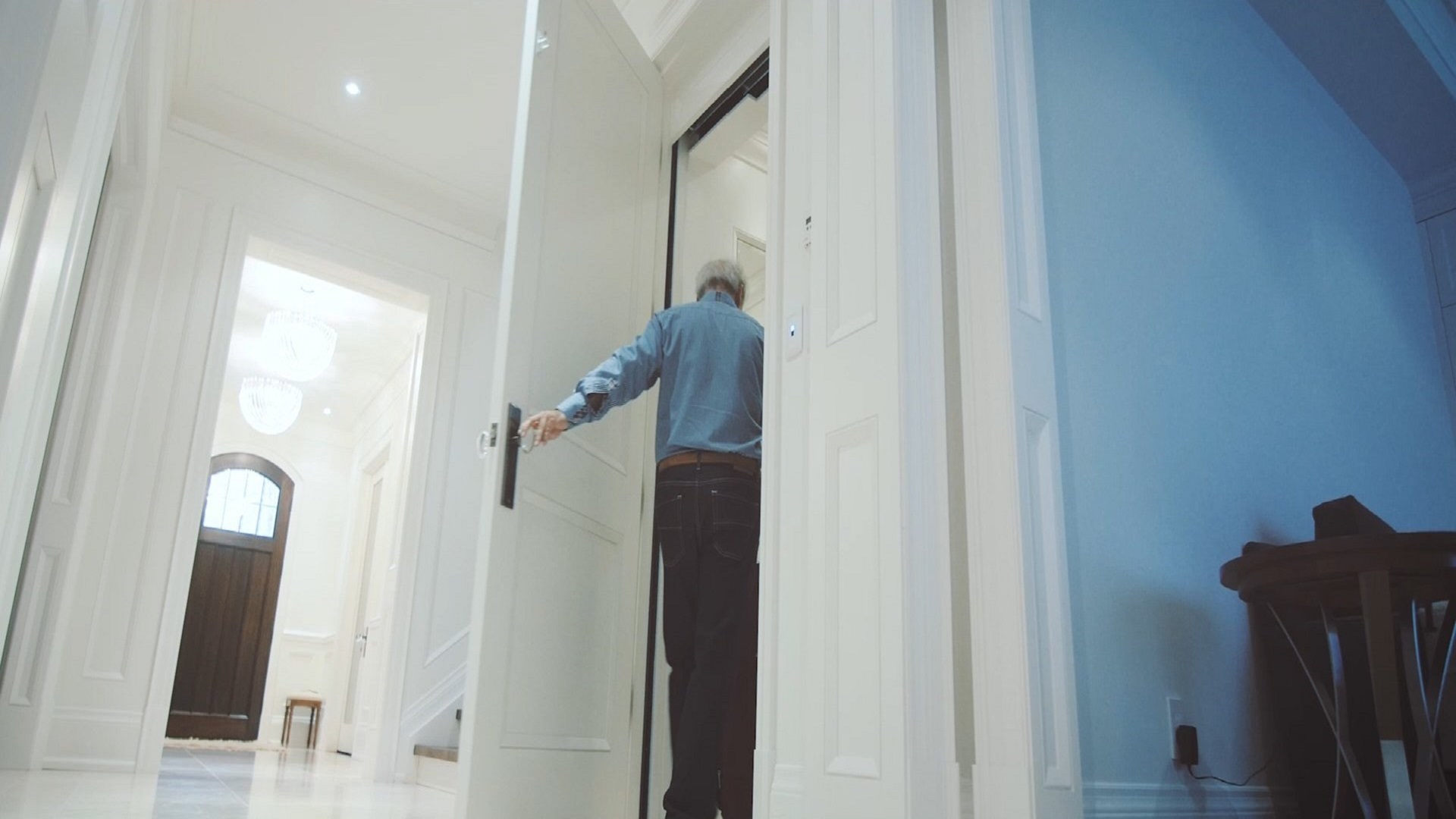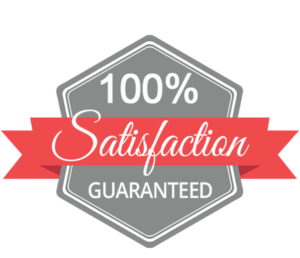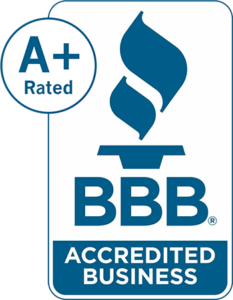Investing in an elevator in your building is a significant decision that requires careful consideration. Whether you’re installing a new elevator or upgrading an existing one, there are several factors to take into account before making a purchase. Here’s a comprehensive guide on what to consider when buying an elevator:
Building Requirements
Before purchasing an elevator, assess your building’s specific requirements, including:
- Size and Capacity: Determine the number of floors the elevator will serve and the maximum weight capacity needed.
- Space Availability: Consider the available space for the elevator shaft and machinery room.
- Building Codes: Ensure compliance with local building codes and regulations regarding elevator installation and operation.
Type of Elevator
There are various types of elevators available, each with its own features and benefits. Common types include:
- Hydraulic Elevators: Suitable for low to mid-rise buildings and require a machine room for hydraulic equipment.
- Traction Elevators: Ideal for high-rise buildings and utilize a motor and pulley system to move the elevator car.
- Machine-Room-Less (MRL) Elevators: Compact design that eliminates the need for a separate machine room, suitable for space-constrained buildings.
Manufacturer Reputation
Research elevator manufacturers and their reputation in the industry. Look for companies with a proven track record of reliability, safety, and customer satisfaction. Consider factors such as experience, certifications, and warranties offered by the manufacturer.
Safety Features
Safety is paramount when it comes to elevator operation. Ensure the elevator you choose is equipped with essential safety features such as:
- Emergency Stop Button
- Door Interlocks
- Overload Protection
- Fire-rated Doors and Components
Energy Efficiency
Opt for an energy-efficient elevator model to reduce operating costs and environmental impact. Look for features such as LED lighting, regenerative drives, and energy-efficient motors that can help save on energy consumption over time.
Maintenance Requirements
Consider the long-term maintenance requirements of the elevator system. Choose a model that is easy to maintain and serviced by qualified technicians. Inquire about maintenance contracts offered by the manufacturer or third-party service providers.
Customization Options
Evaluate customization options available for the elevator, including:
- Interior Finishes: Choose from a variety of materials, finishes, and designs for the elevator car interior.
- Accessibility Features: Consider features such as Braille buttons, audible announcements, and wheelchair accessibility.
- Aesthetic Options: Select decorative elements and aesthetic enhancements to complement the building’s design.
Cost and Budget
Determine your budget for purchasing and installing the elevator, taking into account:
- Initial Costs: Cost of the elevator unit, installation, permits, and any required modifications to the building.
- Operating Expenses: Factor in ongoing maintenance, repair, and energy costs over the lifespan of the elevator.
- Financing Options: Explore financing options available, such as loans, leases, or grants, to help offset the initial investment.
Purchasing an elevator is a significant investment that requires thorough research and consideration of various factors. By assessing your building’s requirements, researching reputable manufacturers, prioritizing safety and energy efficiency, and staying within budget, you can make an informed decision and select the right elevator for your building’s needs. Consult with elevator professionals and industry experts to guide you through the purchasing process and ensure a smooth installation and operation of your new elevator system.
Exclusive Elevator provides residential elevators for both new builds and retrofits.






Leave A Comment